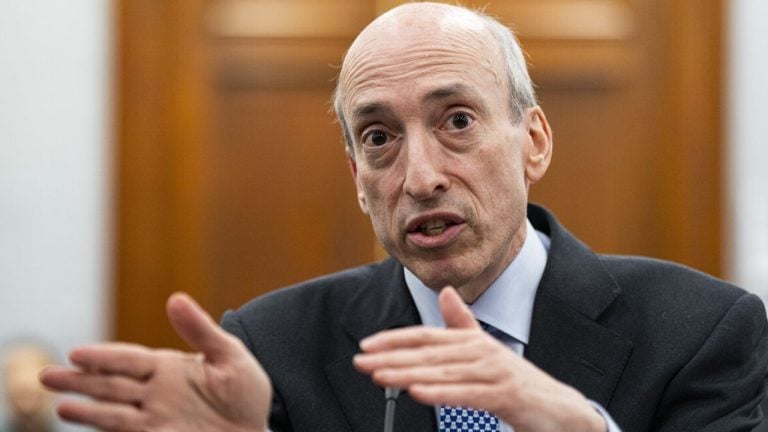
The court left the issue of the subordinacy of government claims open; Bittrex received multimillion-dollar credits from FinCEN and OFAC.
Cryptocurrency trading platform Bittrex is expected to resume customer withdrawals on June 15 following an order from a judge in the United States Bankruptcy Court for the District of Delaware. The decision does not settle the question of the subordination of U.S. government claims, which had led to objections against its plan.
“Objections (if any) to the Motion having been withdrawn, resolved or overruled on the merits,” Judge Brendan Shannon’s June 13 order read. It went on to stipulate that nothing in the motion or the order constituted a finding on whether crypto assets or transactions with them are securities.
The order also specified that it does not determine the priority of creditors or prohibit the United States from clawing back assets from customers if it is not paid in full. Bittrex’s largest creditor is the U.S. Treasury’s Office of Foreign Assets Control (OFAC), to which it owes $24 million.
Bittrex general counsel David Maria told Cointelegraph:
“We are happy that the court will allow us to let customers access their accounts and withdraw any remaining assets, and we hope that our customers will take advantage of this opportunity. Our goal has always been to make all of our customers whole during this process.”
Maria said the platform is expected to be fully operational for withdrawals by 3:00 pm ET (7:00 UTC) on June 15.
Related: On the shutdown of Bittrex in the US and SEC actions — Bittrex Global CEO at Consensus 2023
Seattle-based Bittrex declared its intention to wind down U.S. operations by the end of April. It declared bankruptcy in May after the U.S. Securities and Exchange Commission sued the exchange for unregistered securities transactions.
@Arbitrum has landed on Bittrex Global.
— Bittrex Global (@BittrexGlobal) June 15, 2023
The $ARB wallet is now open, and trading will begin shortly on https://t.co/WGrJdX34kU. pic.twitter.com/JT4hj9yULC
All of that came after OFAC and the Treasury’s Financial Crimes Enforcement Network (FinCEN) assessed penalties of $24 million and $29 million, respectively, for violating sanctions imposed on Crimea, Cuba, Iran, Sudan and Syria. The exchange received credit worth $5 million from FinCEN and $24 million from OFAC at that time.
The U.S. Justice Department had opposed a Bittrex plan to reimburse customers, subordinating government claims.
Magazine: Can you trust crypto exchanges after the collapse of FTX?










